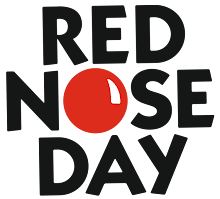Integers are whole numbers (both positive and negative, including zero). So they are ..., -2, -1, 0, 1, 2, .... So a negative integer is a negative whole number, such as -3, -10 or -23. Natural numbers are positive integers.
A rational number is a number which can be written as a fraction where numerator and denominator are integers (where the top and bottom of the fraction are whole numbers). For example 1/2, 4, 1.75 (=7/4).
Real numbers are all the numbers which you will have come across (i.e. all the rational and irrational numbers). All real numbers can be written in Decimal form (such as 3.165).
A factor (or divisor) of a number is a number which will divide into your number exactly. So you can divide a number by one of its factors and you won't be left with a remainder. For example, 3 is a factor of 6 because you can divide 6 by 3 and you won't be left with a remainder (you get 2).
The probability of something which is certain to happen is 1.
The probability of something which is impossible to happen is 0.
The probability of something not happening is 1 minus the probability that it will happen.
Gambling is the wagering of Money or something of material Value on an event with an uncertain outcome with the primary intent of winning additional money and/or material goods. Typically, the outcome of the wager is evident within a short period.
The term gaming in this context typically refers to instances in which the activity has been specifically permitted by law. The two words are not mutually exclusive; i.e., a “gaming” company offers (legal) “gambling” activities to the public. This distinction is not universally observed in the English-speaking world, however. For instance, in the UK, the regulator of gambling activities is called the Gambling Commission (not the Gaming Commission).

